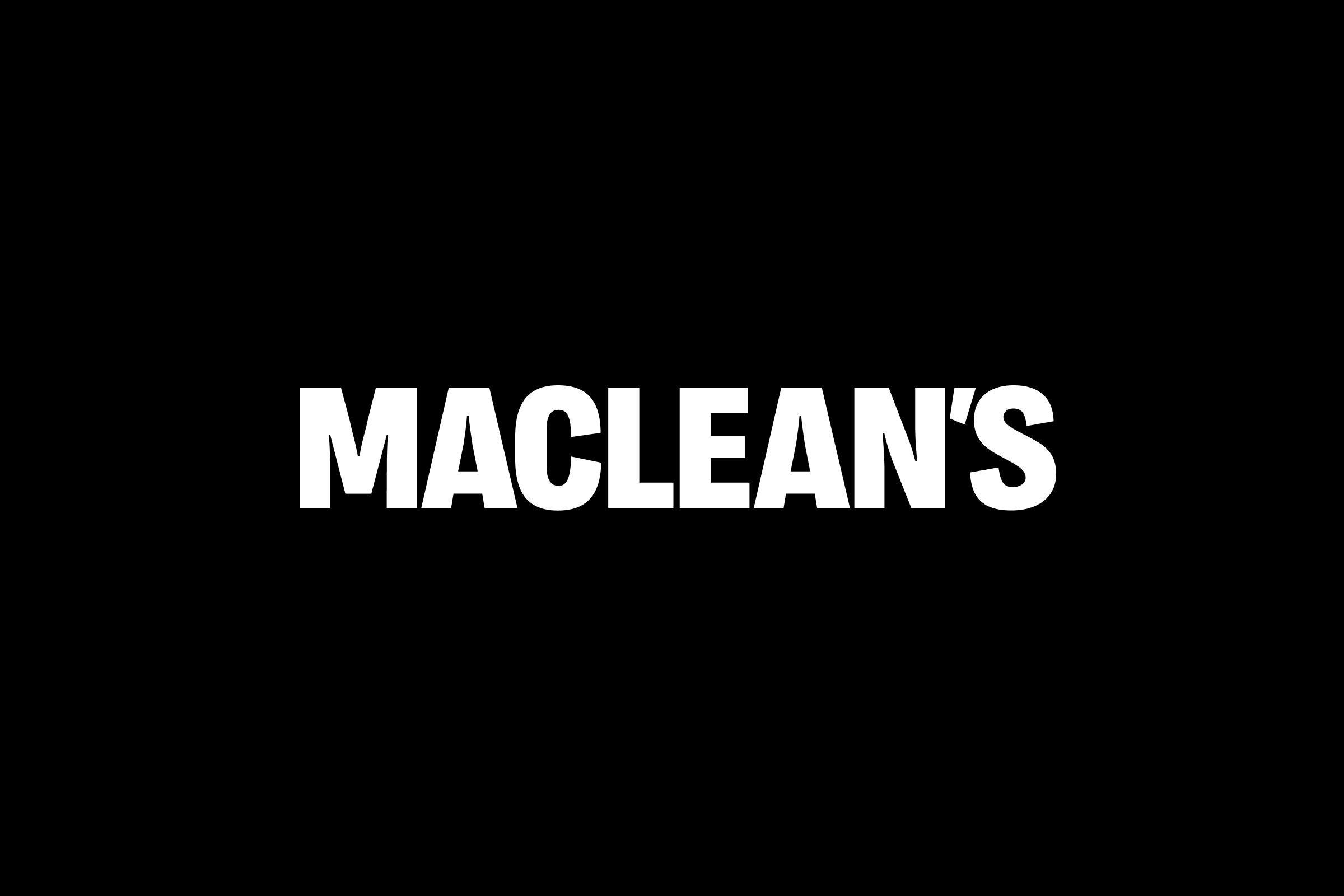Tony Judt
Hey look: Story of the century
From the print edition, my column considers the historian Tony Judt, much noted for his brave stoicism in facing the disease that killed him. I read his big book a few years ago and simply wanted to share two of the stories from it that stuck with me.
How Europe was saved
WELLS: The work of historian Tony Judt, who lost all but his ability to speak, pays heed to the power of words
More on Tony Judt
On his “Letter from Paris” blog, Postmedia’s Peter O’Neil offers a fascinating posting on Tony Judt, including the full text of an email Judt sent responding to his questions last spring about the attitude of Europeans toward war. The timing of the exchange early last March is poignant: only a few days later, news came out that Judt was dying of amyotrophic lateral sclerosis, or Lou Gehrig’s disease.
Tony Judt on Michael Ignatieff and nationalism
The death of Tony Judt last Friday, at just 62, of complications from Lou Gehrig’s disease, is sad news for legions of readers who read his books to understand 20th century Europe and his articles in the New York Review of Books, and elsewhere, to sharpen their perspective on the what’s happening out there in the world.
Tony Judt, R.I.P.
I can’t add much to the tributes that will soon be written to Tony Judt, the historian who died this weekend from Lou Gehrig’s disease. Only this: When I contacted him to draw on his thoughts and expertise for articles I was writing, he complied even when his sickness left him unable to speak clearly, instead sending me carefully considered responses by email, which must have taken forever to compose. He was an excellent historian and a good man.
What if stimulus spending actually built something stimulating?
The main focus of the build-up to this week’s federal budget is not what’s coming next but what’s coming to an end. The government vows to deliver no significant new spending, so the 2010 budget Finance Minister Jim Flaherty is slated to table on Thursday must, by default, draw attention to the winding down of the two-year stimulus spending spree he launched last year.
Today’s argument-starting essay excerpt
“…the United States today is the only advanced democracy where public figures glorify and exalt the military, a sentiment familiar in Europe before 1945 but quite unknown today. Politicians in the US surround themselves with the symbols and trappings of armed prowess; even in 2008 American commentators excoriate allies that hesitate to engage in armed conflict. I believe it is this contrasting recollection of war and its impact, rather than any structural difference between the US and otherwise comparable countries, which accounts for their dissimilar responses to international challenges today. Indeed, the complacent neoconservative claim that war and conflict are things Americans understand—in contrast to naive Europeans with their pacifistic fantasies—seems to me exactly wrong: it is Europeans (along with Asians and Africans) who understand war all too well. Most Americans have been fortunate enough to live in blissful ignorance of its true significance.”
